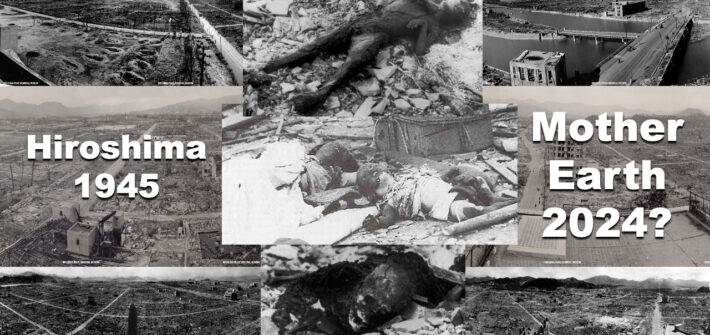Despite this fact, the U.S. and its allies blithely continue as if their control of the world order is secure. The insane are usually deluded, but when they control N-weps, people of the world need to awaken.
Collapsologie
Intentional killing. Legal frameworks for State-sponsored biochemical warfare.

Public health emergencies are pretexts for power consolidation and legalized mass murder using State-sponsored biochemical warfare and weapons camouflaged as ‘vaccines,’ ‘countermeasures.’
The Great Reset and the Post-Capitalist Revolution
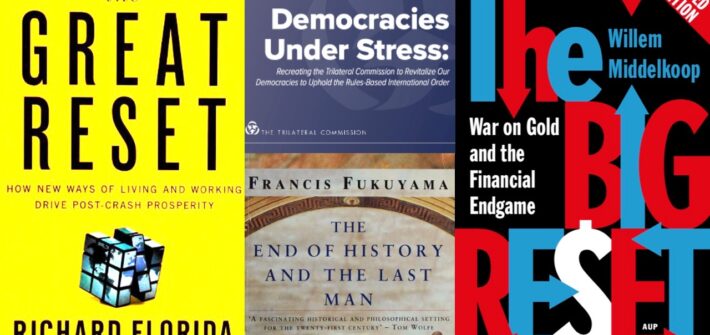
Critics make the amateurish assumption that the Great Reset is the brainchild of Schwab. There is nothing theoretically new about many of the Great Reset’s underlying principles. Technologies such as 5G telecommunications, robotics and artificial intelligence, data collection and surveillance, block chain applications, biotechnology and genetic engineering and transhumanist visions were already becoming exponentially more complex and sophisticated.
A dozen years ago, a popular urban theorist Richard Florida published his book The Great Reset: How New Ways of Living and Working Drive Post-Crash Prosperity. Well, before Schwab’s blathering about the great opportunity before us to reset civilization while the Covid pandemic overturned “life as normal,” Florida’s Reset already promised a better life free of “ownership of real estate, appliances, cars and all manner of material goods.”
“Covid onto the World Stage”:
Medical Coercion, The Quintessence of Tyranny
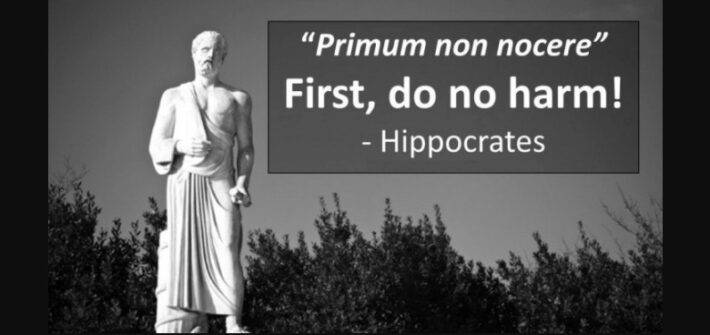
The COVID era has done nothing if not lay bare the exploitation by the State of this doctor-patient relationship, in the service of an agenda that has, at bottom, nothing to do with health, and everything to do with control and, indeed, as we are seeing with the COVID inoculations, actual elimination of the population the State purports to protect.
Open Letter to Oliver Stone On the Wisdom of Pursuing Nuclear Power
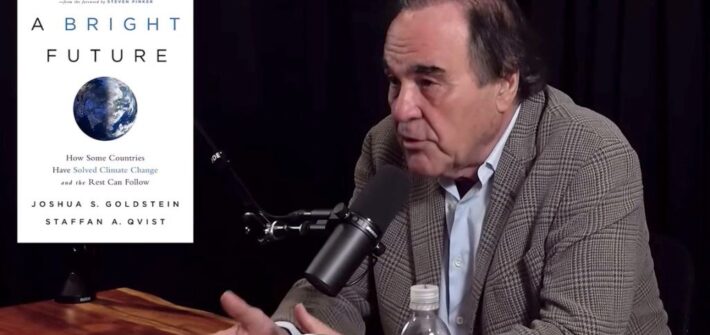
Oliver Stone is finishing a new documentary advocating nuclear power. This Open Letter evaluates some of the risks & consequences of pursuing nuclear power as our species’ primary energy source.
Fukushima:
Penultimate Expression of Human Folly
and The Final Failure

As of 2022, TEPCO is preparing for one of The Final Failures of this catastrophe without end. Dumping continually increasing levels of water containing a cocktail of radioactive poisons into the Pacific Ocean will increase contamination of the biosphere to incalculable levels.
Why The West’s Strategy in Ukraine Is So Dangerous

Professor Mearsheimer begins by noting that, “what we have here is a war between the United States and Russia and there’s no end in sight.” “Hubris” from the Greek hybris “wanton violence, insolence, outrage,” is cited as causing the downfall of ancient Athens. The Encyclopedia Britannica states the term as meaning “the intentional use of violence to humiliate or degrade. The word’s connotation changed over time, and hubris came to be defined as overweening presumption that leads a person to disregard the divinely fixed limits on human action in an ordered cosmos.”
Our State of Life That Calls For Another Way of Living
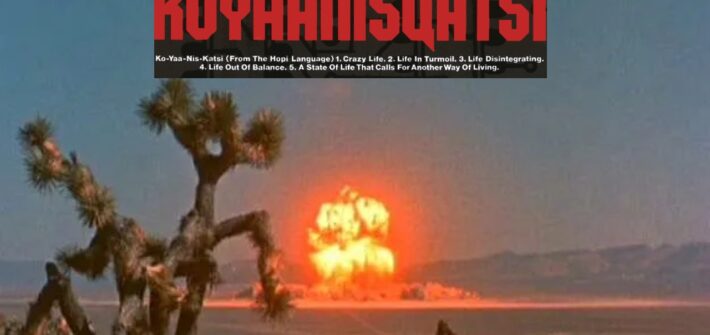
To face the incomprehensible reality that ALL THIS can end in a momentary flash provides an opening to BEGIN to struggle with changing how we relate to our selves, our family and friends, our community and the miracle of all life we share this world with.
On the Edge of a Nuclear Abyss
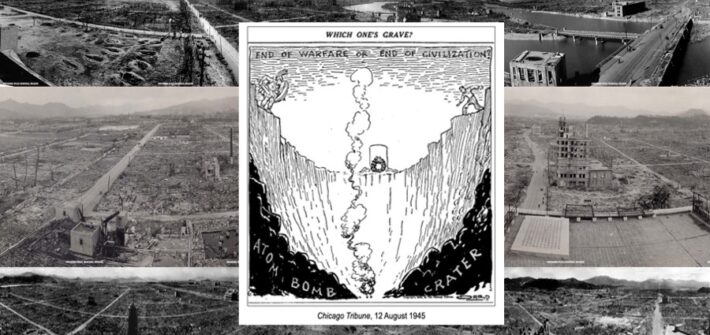
It is very hard to accept that the leaders of your own country commit and contemplate unspeakable evil deeds and that they wish to control your mind. To contemplate that they might once again use nuclear weapons is unspeakable but necessary if we are to prevent it. Beware, we are on the edge of a nuclear abyss.
Anatomy of an AI system: The Amazon Echo As An Anatomical Map Of Human Labor, Data and Planetary Resources
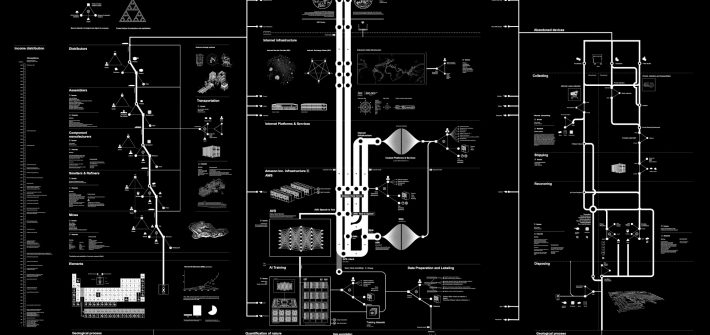
This unusually sophisticated critical analysis assesses a portion of the immensity required to produce and run our Electric Civilization era. The following exposition contains inline segments of the map—linked to full-size map segments—and endnote references within [square braces] in the paragraphs where the endnote numbers appear in the original text. A majority of references link […]
Considering Systemic Collapse and Our Profound Dependence on Electricity

Out beyond ideas of wrongdoing and rightdoing there is a field. I’ll meet you there. — Rumi It becomes ever more difficult to understand how this way of life that depends on unlimited energy can survive the staggering demands continuing to be made of Mother Earth and all our relatives. In roughly the past 100 […]
Collapsologie Immersion – can we seed future successor-cultures in time?

Collapsologie is an applied and transdisciplinary science involving ecology, economics, anthropology, sociology, psychology, biophysics, biogeography, agriculture, demography, politics, geopolitics, archeology, history, futurology, health, law and art. This systemic approach is based on the two cognitive modes of reason and intuition.

